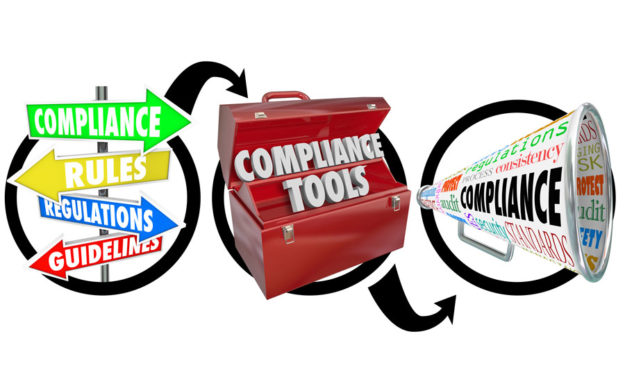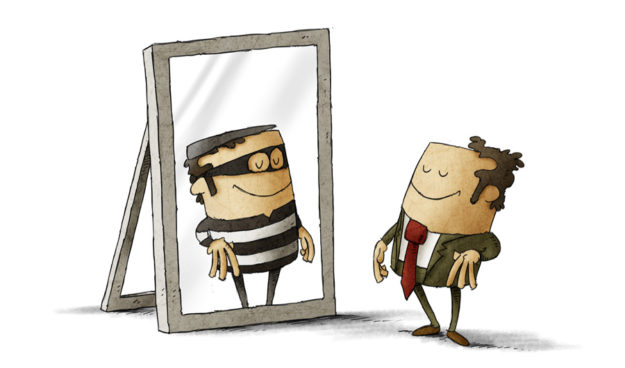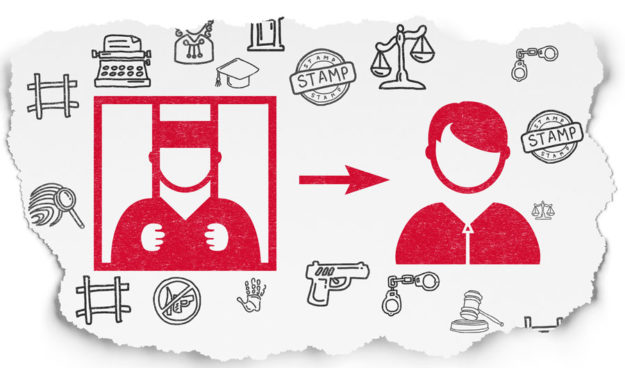Understanding criminal background reports
Whether you were the interviewer of the interviewee, most of us have been involved in an interview that was not effective. We know what it looks like and we definitely know what it feels like! At best, traditional interviews don’t bring out the information you really need to make the optimal hiring decision and, at their worst, they can be very ineffective and even illegal.
Our Research Specialists here at Genesis Background Screening have heard some pretty crazy stories over the years about what HR professionals have to deal with when they need to hire. Whether you are replacing an employee who is moving on or creating new positions with company growth, finding the right talent that has the character you want for your business is challenging.
You might be surprised to find out how many people, that are either on staff or contractors that support your company, come to work impaired. Maybe you drug tested them during your pre-employment process and you think that is enough to ensure that your workplace is free of illegal substances. But with statistics showing that illicit drug use is up at the highest level in 12 years, it is quite likely that you may have employees right now that are abusing drugs.
When even the big companies are dealing with litigation over FCRA compliance, what’s a small to medium company to do? If corporations with lots of resources can’t get it right, is all hope lost? Actually, it may be easier for small companies to adjust. Large companies have lots of layers and departments which make it a challenge to make sure everyone is on board with the changes and that they follow through
Depending on the size of your company, your HR department and your budget, it is likely you may question the necessity of performing background screening on your candidates. Before making a decision about whether you need to protect your clients, staff and information, consider the most common myths about background screening:
Myth #1: I don’t always need to do background screening.
Did you know there are 68 million Americans (27% of the U.S. workforce) working as freelancers? This group consists of independent contractors, moonlighters, diversified workers, temporary workers and freelance business owners. In case you haven’t noticed, there are more and more people working in a less-than-traditional way and this pattern shows every indication of increasing.
According to a state audit released early this year, California’s most vulnerable residents are at risk because of poor communication between state departments which prevented the California Department of Social Services Community Care Licensing Division from getting full information about applicants and employees at facilities throughout the state. The Social Services Community Care Licensing
If your company is following best practices for hiring by performing pre-employment screening, that’s a great start. But what a lot of employers don’t think about is how an employee’s situation may change, and not in a good way! For example, an employee’s post-hire DUI can be a real problem for your business, especially if they use any company vehicles.
In light of the news that came out in April about the recently hired high school principal in Kansas whose education credentials had some discrepancies, we are reminded that resumes are frequently not honest, especially when it comes to education. According to Careerbuilder, 58% of resumes have less-than-truthful or
Do you know how prevalent workplace theft, fraud and violence is? Check out these statistics:
75% of employees have stolen at least once from their employer and 37.5% have stolen more than once. Up to 7% of annual revenues are lost to theft or fraud. 33% of business bankruptcies have employee theft as a highly contributing factor. The median amount stolen is $175,000.











